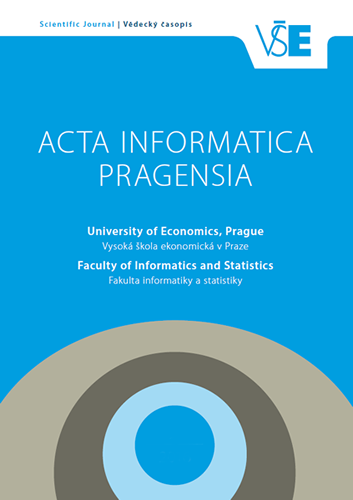Blockchain-Based Framework for Privacy Preservation and Securing EHR with Patient-Centric Access Control
Blockchain-Based Framework for Privacy Preservation and Securing EHR with Patient-Centric Access Control
Author(s): Reval Prabhu Puneeth, Govindaswamy ParthasarathySubject(s): Electronic information storage and retrieval, Security and defense, Methodology and research technology, Health and medicine and law, Social Informatics, ICT Information and Communications Technologies
Published by: Vysoká škola ekonomická v Praze
Keywords: Cryptography; Electronic health records; Encryption; Privacy; Patient-centric access control; Optimized search
Summary/Abstract: The technological advancements in the field of E-healthcare have resulted in unprecedented generation of medical data which increases the risk of data security and privacy. Ensuring the privacy of Electronic Health Records (EHR) has become challenging due to outsourcing of healthcare information in the cloud. This increases the chance of data leakage to unauthorized users and affects the privacy and integrity of the user data. It requires a trustworthy central authority to protect the sensitive patient information from both internal and external attacks. This paper presents a blockchain based privacy preservation framework for securing EHR data. The proposed framework integrates the immutability and decentralized nature of blockchain with advanced cryptographic techniques to ensure the confidentiality, integrity and availability of EHR. The EHR data are stored in an InterPlanetary File System (IPFS) which is encrypted using a hybrid cryptographic algorithm. In addition, a novel smart contact based patient-centric access control is designed in this paper using a blockchain-based SHA-256 hashing algorithm to protect the privacy of patient data. The experimental results show that the proposed framework enables secure sharing of health information between network users with improved data privacy and security. Furthermore, the optimized search process reduces the time and space complexity compared to the traditional search process. Through the utilization of smart contracts, this framework enforces patient-centric access controls and allows patients to manage and authorize access to their medical data.
Journal: Acta Informatica Pragensia
- Issue Year: 13/2024
- Issue No: 1
- Page Range: 1-23
- Page Count: 23
- Language: English

